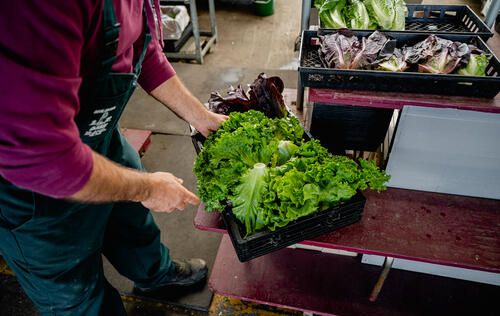International Women's Rights Day: The place of women in agriculture
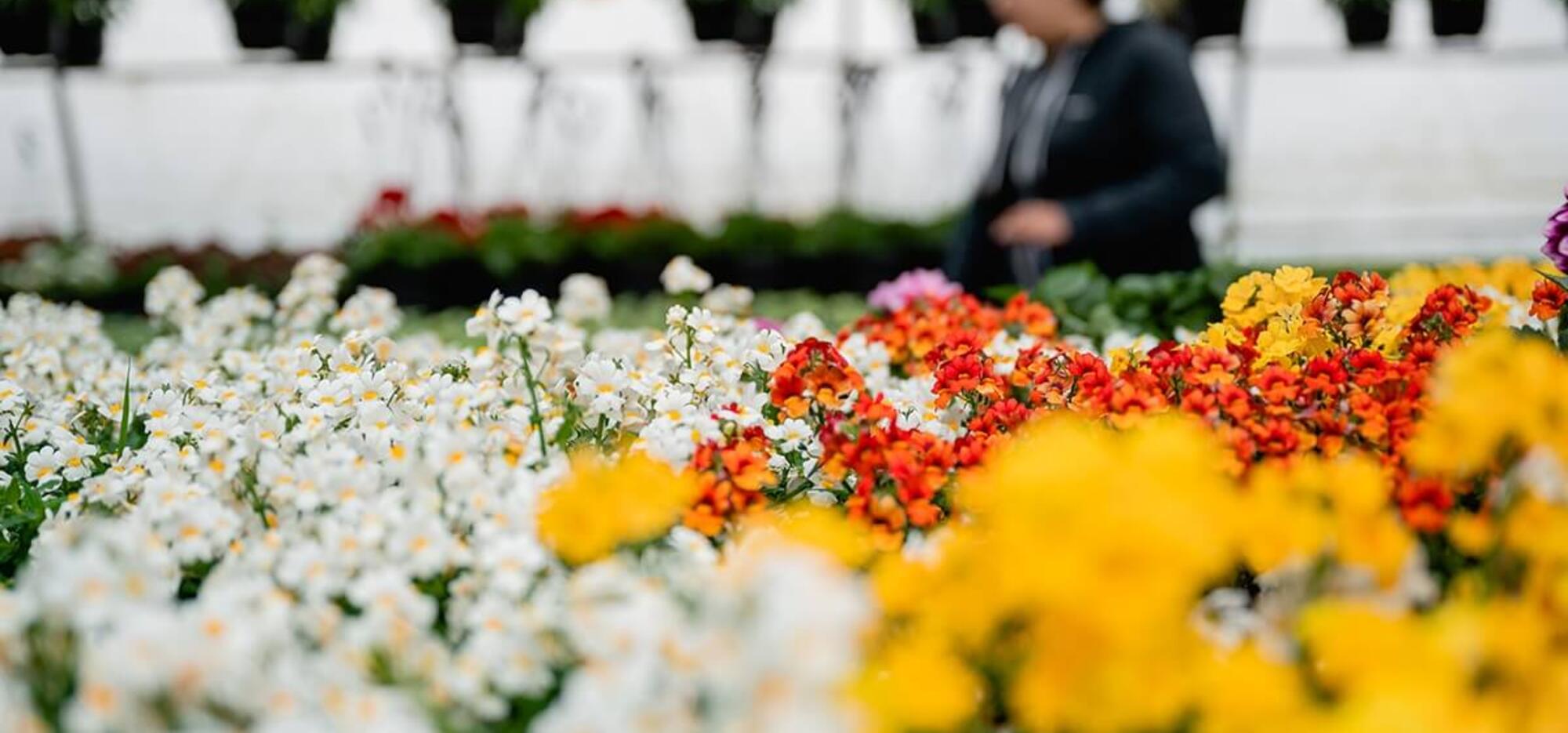
International Women's Rights Day is an opportunity to pay tribute to all the work that has been done towards equality between women and men, but also to highlight how far we still have to go, particularly in agriculture. We are fortunate to be able to count on the expertise of women in agri-food businesses, and it is essential to be a vector of change so that they continue to prosper in our field.
Working in the shadows
Historically, the majority of women in this country entered the farming profession through marriage, which imposed a ‘wife's job’ on them. The responsibilities reserved for them were domestic tasks related to the family and the organisation of the daily work-family routine, or unpaid farm work.
According to the Conseil du Statut de la Femme, ‘the interdependence of activities carried out in the home and on the farm helped to keep women's rich contribution to agriculture in the shadows for decades’.
Today, one in three women farmers in Quebec still works in a family business without a salary or shares. According to MAPAQ's 2018 Farm Business Registration File, only 27% of all owners were women. And only 6.4% of agricultural businesses are owned exclusively by a woman.
There are various explanations for this disparity. In particular, the gradual disappearance of mixed farming and stockbreeding in favour of specialised agriculture has led to a decline in women's contribution to farm work. The professionalisation of agriculture has led the field to maximise production by all means. When a profession becomes more professional, it tends to emphasise visible technical acts, such as working in the fields, which have traditionally been the preserve of men. This transformation has excluded women from areas of production that they previously controlled, such as milk production. This change has exacerbated gender inequalities that were already apparent in the sector.
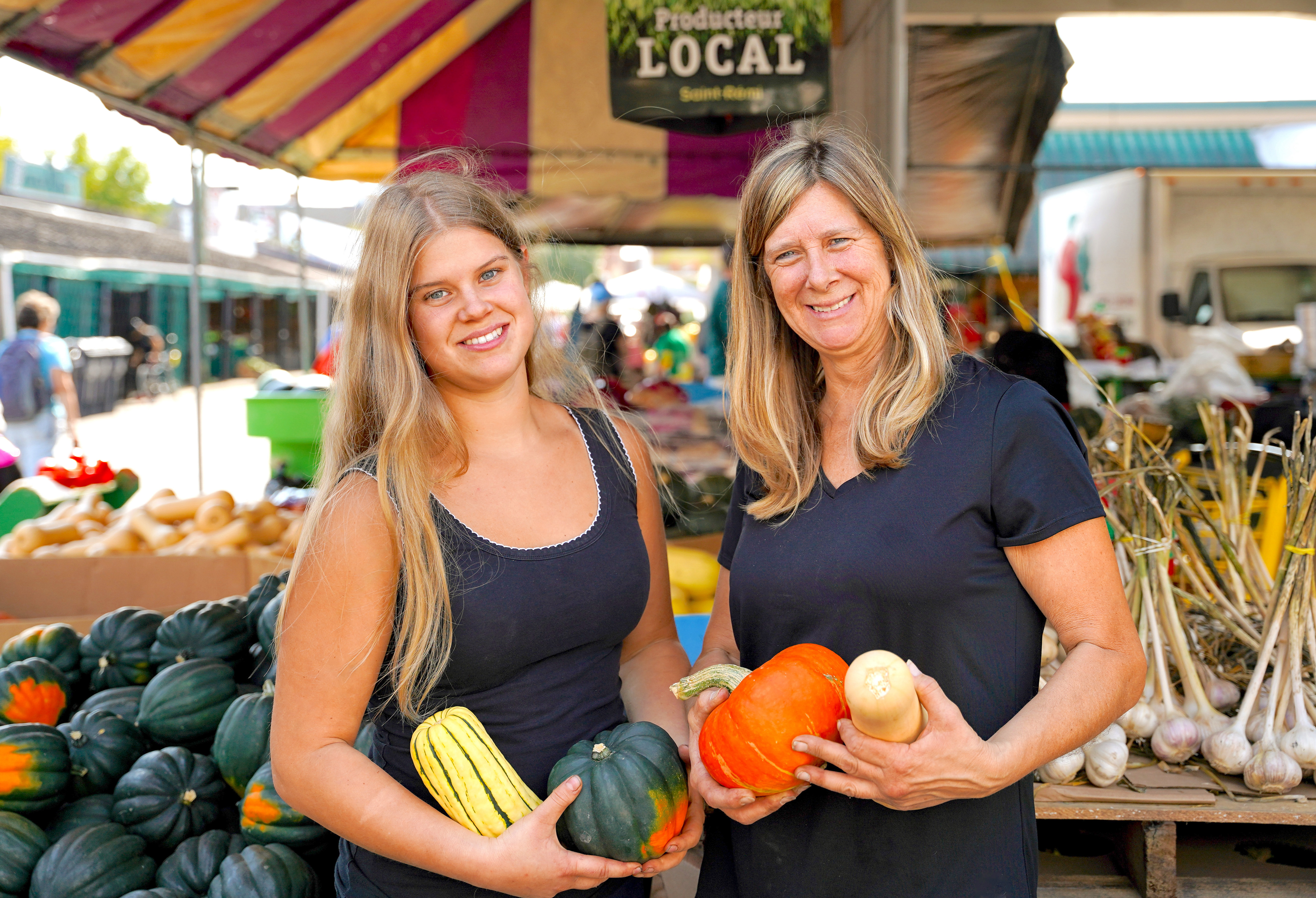
A new vision
Fortunately, for several years now, the tide has been turning among the younger generations. As a result of demands and legislative changes, women have gained access to farm property, and more and more of them are now setting up in farming as entrepreneurs.
At a time when the future of farming in Quebec is facing crucial challenges, particularly in terms of succession planning, the contribution of women entrepreneurs is more than strategic. We can't do without this wealth of expertise. Women farmers are fully involved in the changes required in terms of the environment, regionalisation and technology. Their actions confirm their role as agents of social change.
Women are moving further away from the traditional route to farming. In Quebec, starting a business outside the family is a more common option for women than for their male counterparts. This business model could be subversive in nature, helping to transform the representations and roles that traditionally define the farming community.
In particular, this vision of agriculture opens the way to the coexistence of different ways of doing things, such as combining conventional production with others, like sustainable agriculture or emerging production. All paths that lead to a more sustainable model of agriculture.
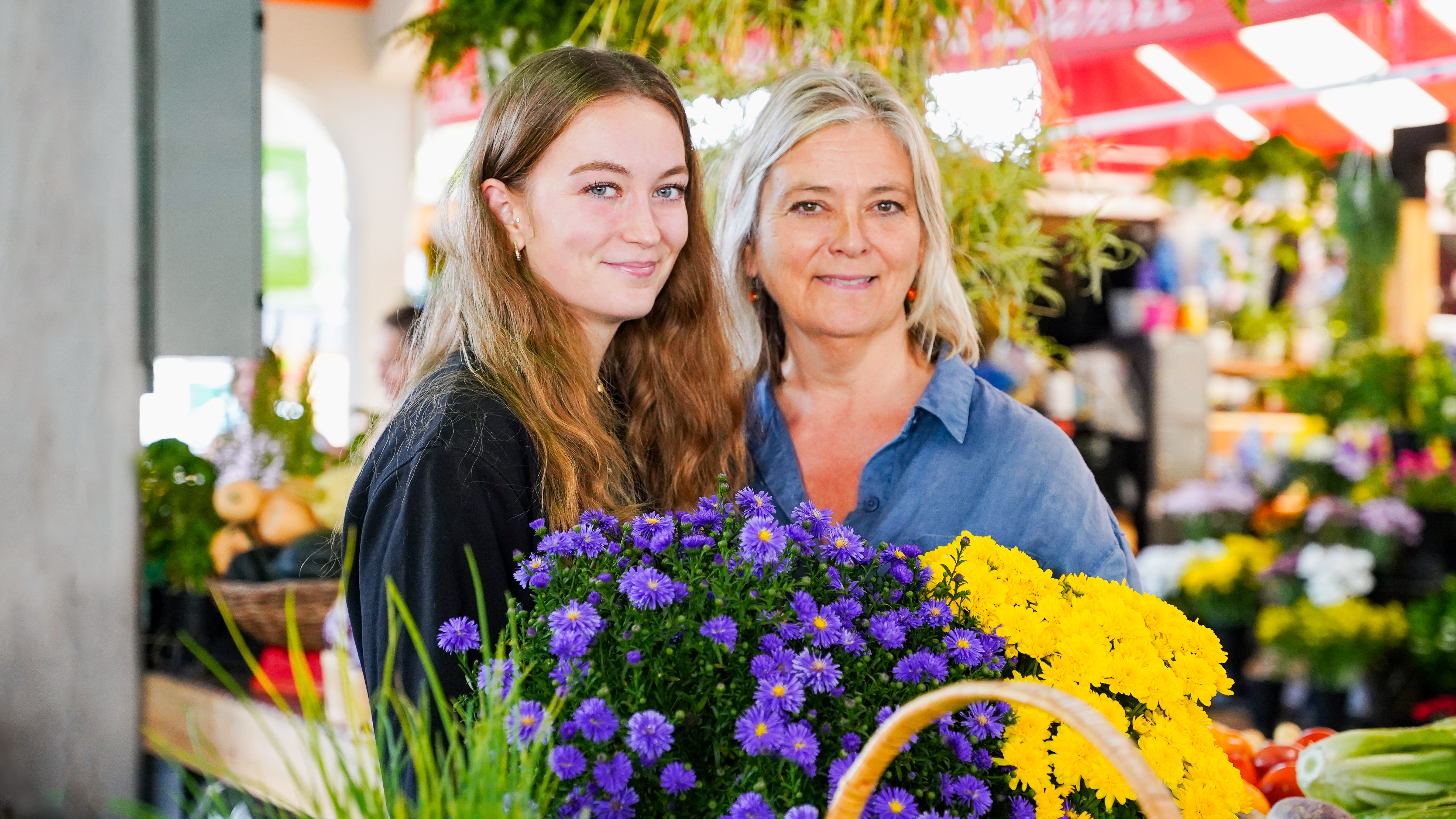
Long-awaited recognition
Major institutions such as MAPAQ and the UPA are also helping to recognise the important work of women farmers. MAPAQ now confers the status of farmer on those who hold shares in a farm and/or are the spouse of a farmer, and not just on business owners. For its part, the UPA-affiliated union of women farmers in Quebec admits as members all women working in the agricultural sector, whatever their position. In 2008, women farmers numbered 24,915.
So many women who are rethinking established models to pave the way for new ways of defining agriculture, and we're proud to welcome them to our premises and offer them a host of marketing opportunities so that they can share the fruits of their harvests and their expertise with Montreal families!
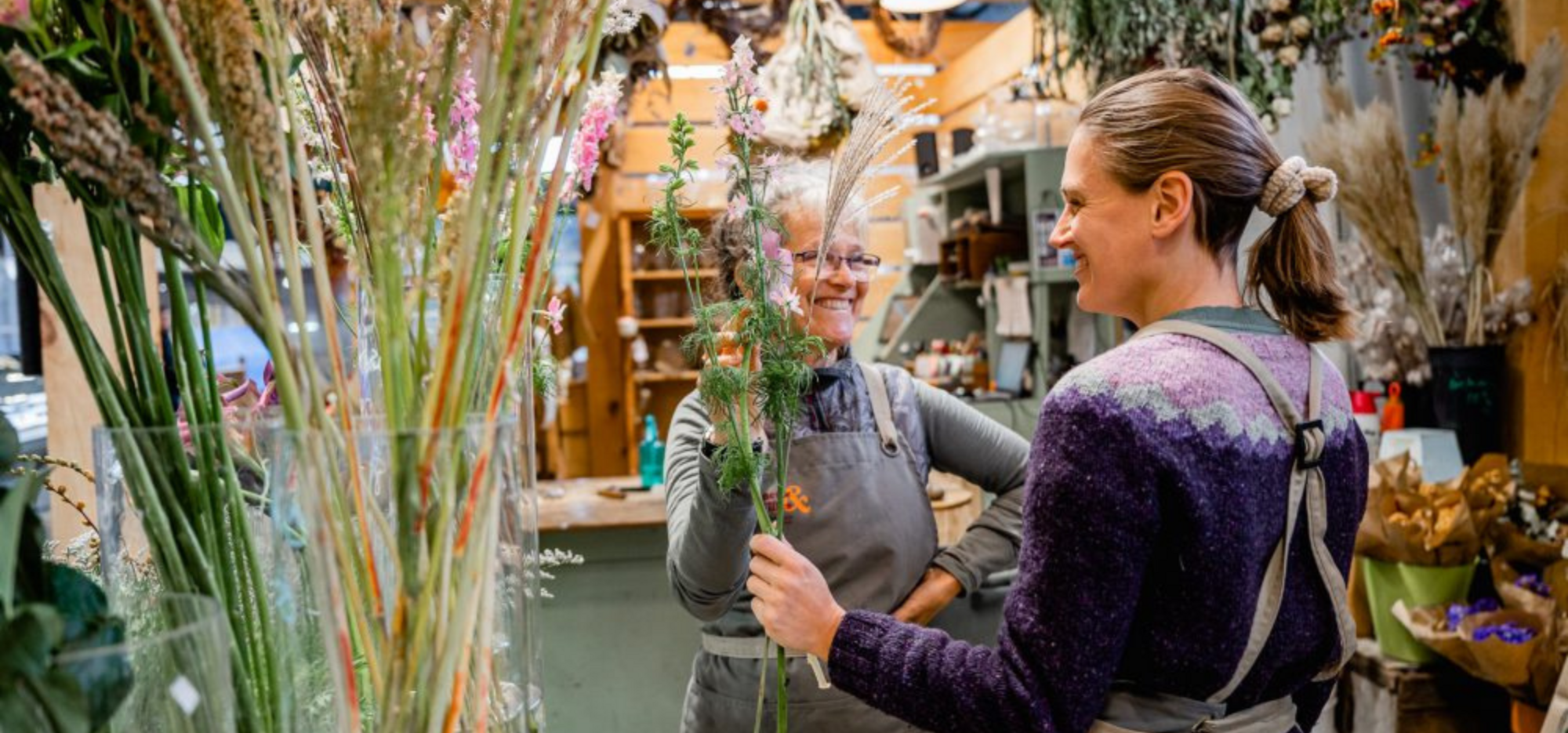
REFERENCES :
- Les femmes en agriculture
- Mordu, Pour en finir avec le travail invisible des femmes en agriculture
- Sortie du rang : la place des femmes en agriculture, Julie Francoeur, Éditions du remue-ménage, Montréal, 112 pages



